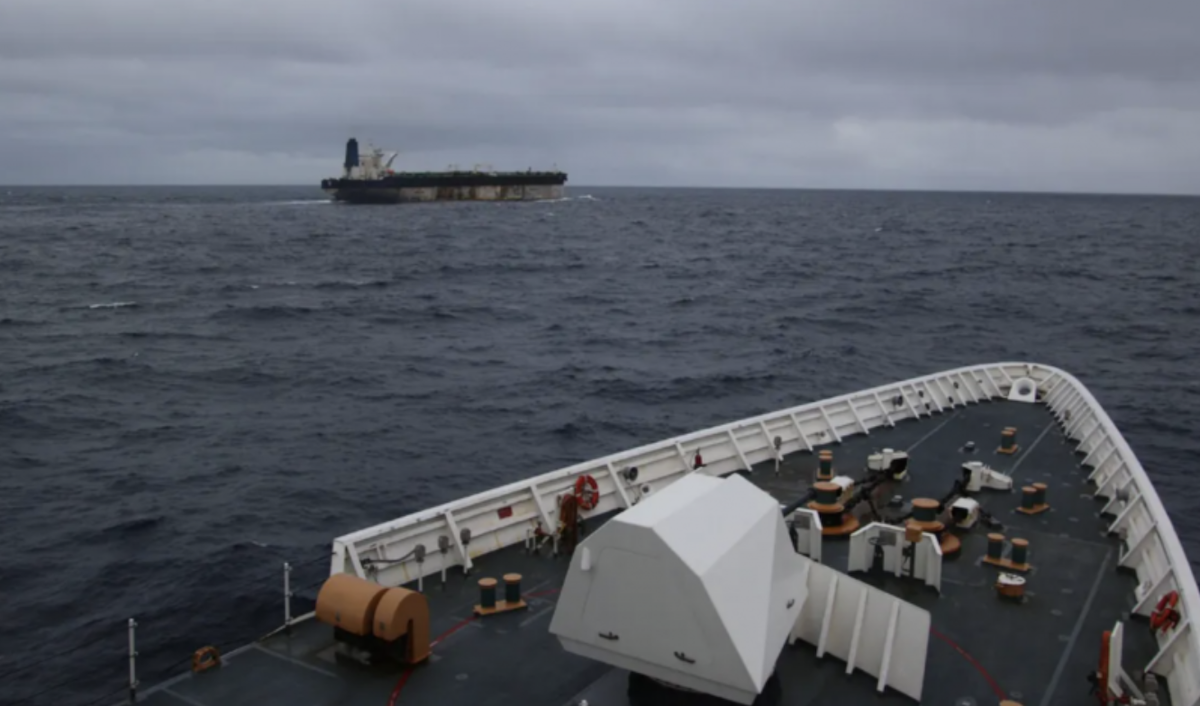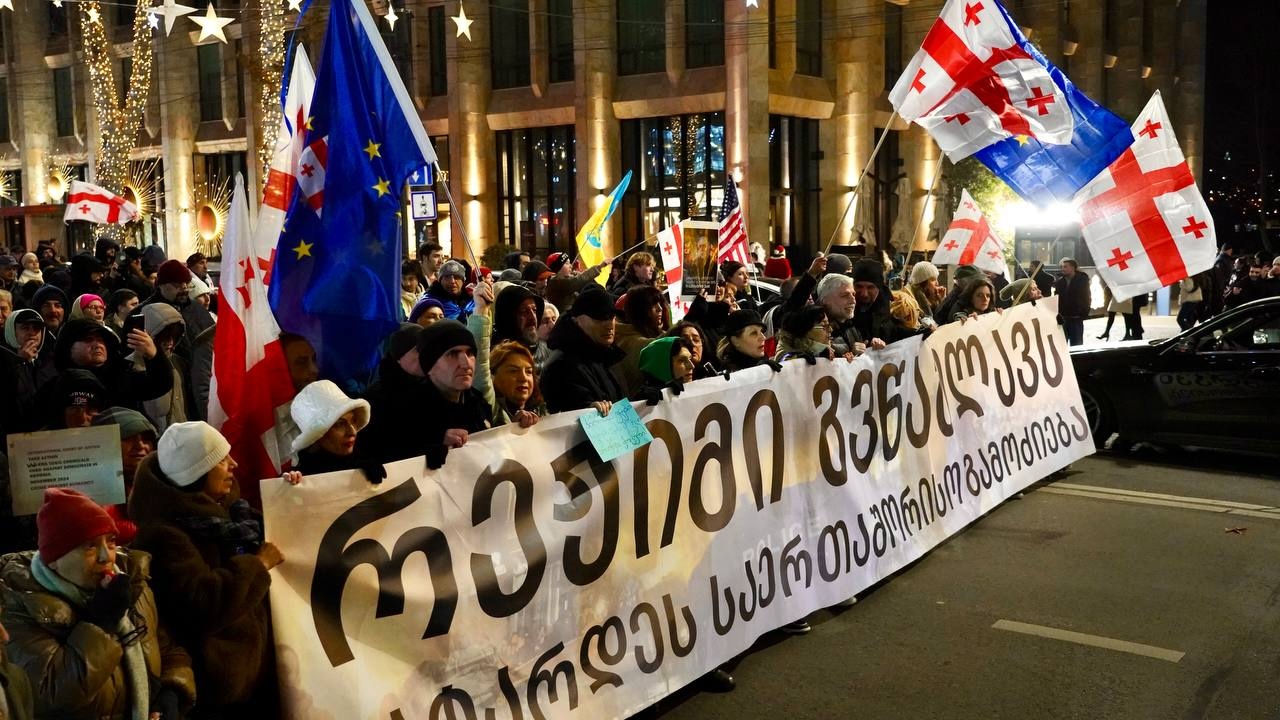Georgian PM addresses Kremlin about Abkhazia and South Ossetia
Georgian Prime Minister Giorgi Kvirikashvili has addressed the Russian government with a special statement, calling upon it to join Georgia in sorting out the case of Archil Tatunashvili, a Georgian national who died under unclear circumstances in South Ossetia.
“I am addressing the authorities of the Russian Federation and appealing to their responsibility before the generations of today and tomorrow to undertake joint steps to resolve this difficult situation,” the statement reads.
“Unfortunately, the reality we are in today is really difficult. We may have revived our bilateral trade-and-economy relations but it has proved impossible to put an end to this chain of tragic events. This is yet another nail hammered into the coffin of the prospects for normalizing the relations between Georgia and Russia. The latest tragic example was the death two weeks ago of our citizen Archil Tatunashvili, whose body has never been released to his family despite interference by the Catholicos – Patriarch Ilia II and the efforts of the international community.”
Kvirikashvili wished for Georgia and Russia to restore their relationship which had soured in the wake of the 2008 war. As the tenth anniversary of the war approaches, he said the two should stop exchanging accusations and start ‘taking small but reasonable steps towards the regulation of our relations and bring them out of this vicious cycle’ instead.
Also, he said that he was ready to hold a dialogue with the Abkhazians and Ossetians and that he hoped for Russia to respond ‘constructively’ to this.
The PM added that the Georgian side wanted to see real breakthroughs achieved at the Geneva Discussions and that he was ready to get personally involved in the process.
Reactions to Giorgi Kvirikashvili’s statement
Members of the ruling party have welcomed the PM’s statement as ‘timely, professional and guided by the reality on the ground’. The opposition, however, has made such statements as ‘capitulation’, ‘recognition of our own powerlessness’ and ‘a result of inconsistent policies’ to describe it. Georgian experts were critical too, with some even saying that the PM should offer his resignation now.
Republican Party member Levan Berdzenishvili:
“This will be perceived as evidence that the Georgian authorities recognise their own powerlessness. If Georgia has to make such compromises, then the PM of Georgia should think about resigning, allowing for the position to be taken by someone who is better versed in the responsibilities and obligations of a PM. Georgia has nothing to compromise on in its relations with Russia. Russia is the occupier – what negotiations can there possibly be? What is there to talk about, to agree upon? The PM has committed suicide. The body of the killed man has not been handed over because the Russians have their own way of doing things, they are laughing at us. I can’t even begin to imagine what offers could be made. In my opinion, the issue of the PM’s resignation should be immediately put on the table.”
Giorgi Baramidze, United National Movement
“This statement demonstrates the humiliating position in which the Georgian authorities find themselves, and this arouses unpleasant emotions. It’s unfathomable what the PM means by ‘steps’ which Georgia has to take for the protection of its interests. I think that it would have been more reasonable for him to appeal to the international community and to remind Russia that it is under international obligations. This tone of begging and humbleness doesn’t work with Russia. It’s not without reason that they say that ‘Moscow doesn’t believe in tears’.”
Giga Bokeria, European Georgia
“This appeal will not result in anything serious. If Putin reacted to such messages, then Russia’s policies would have changed long ago. The government of Ivanishvili came to power with empty promises to quickly resolve issues in relations with Russia. However, it quickly became clear that these were false promises and the policy that they began to conduct took a serious toll on Georgian interests: the ‘Georgian issue’ quickly has been removed from the list of important issues on the [international] agenda. They would have done better if they’d responded to the outrageous murder of Otkhozoria on the administrative border with Abkhazia more actively. The way they’ve responded this time is inconsistent. There’s a good saying: you cannot tame a wolf by teaching it the gospel. In a similar vein, you can’t affect Russian policies with such appeals.”



















